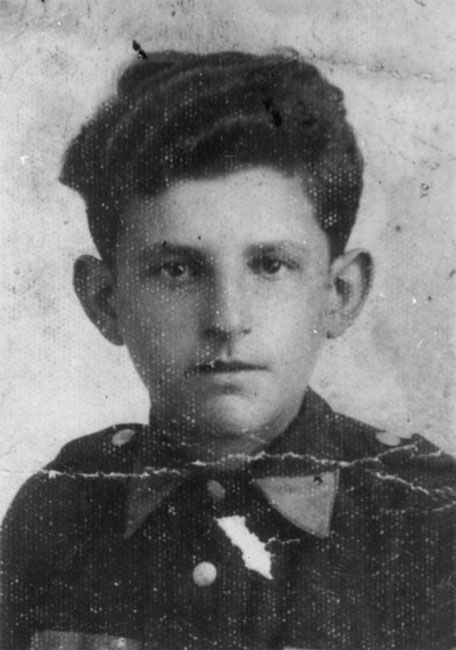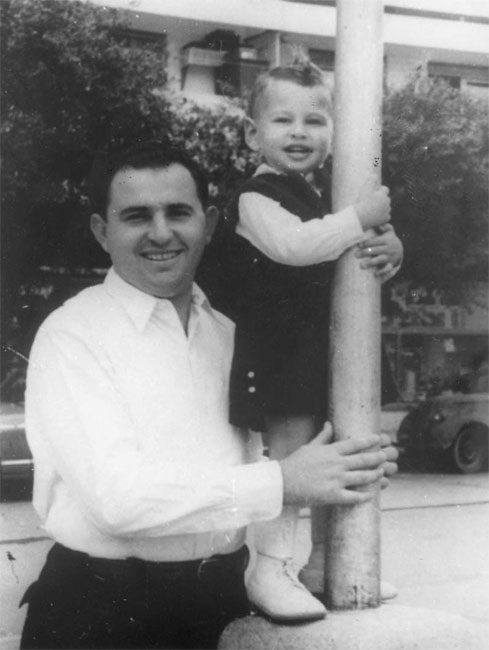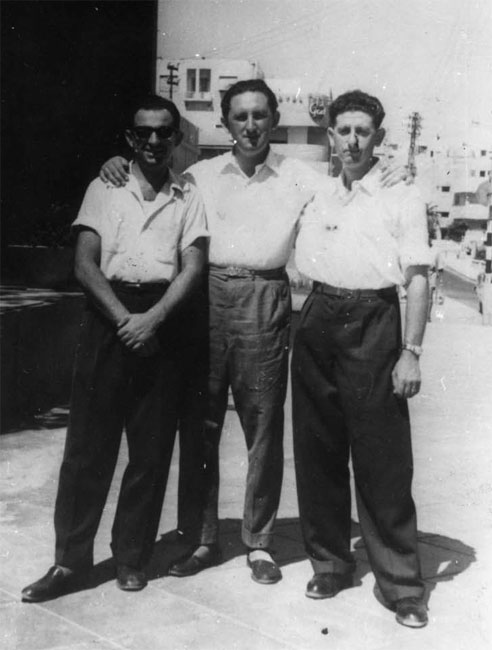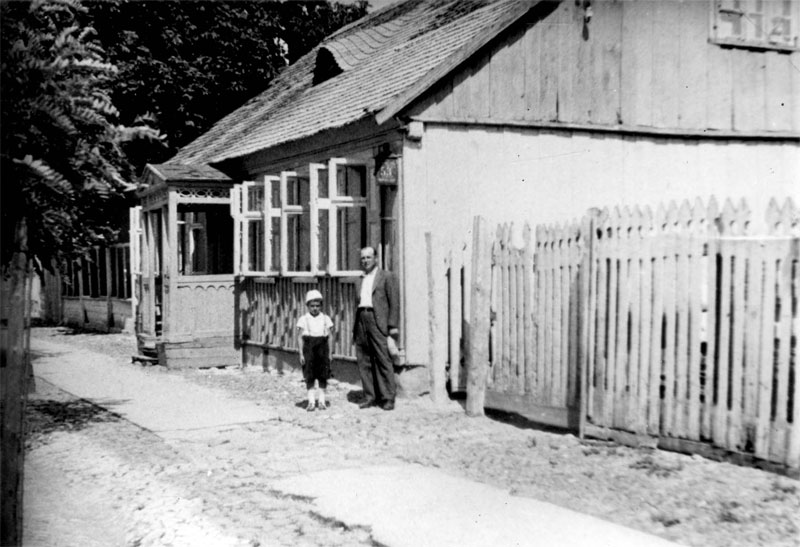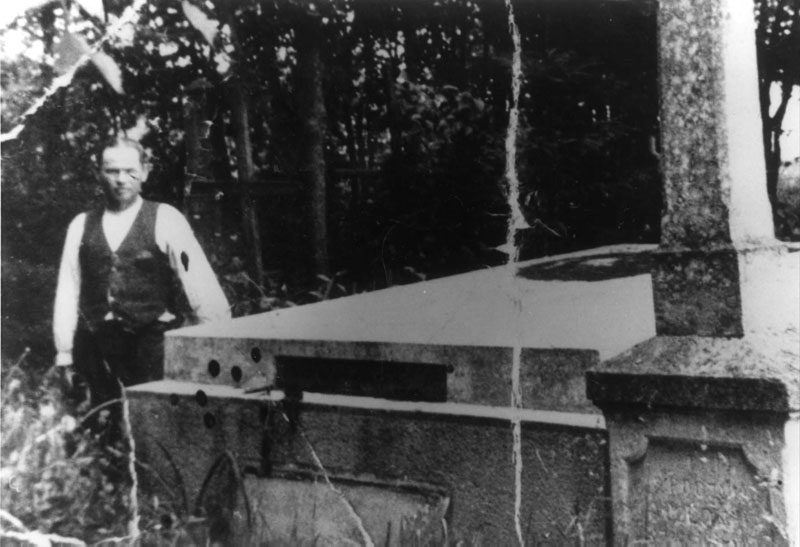Hiding in Graves in a Cemetery
As youngsters before the war, Yechiel Rozen and his brothers, Shmuel and Henry, used to play football in a playing field adjoining a Polish cemetery, in the town of Buczacz, in the Tarnopol district. In the course of time, a friendship developed between the Rozen boys and Manko Swierszczak, a gravedigger and custodian of the cemetery, whose friendly nature soon endeared him to the boys. In June 1943, when the last of the Jews were deported from Buczacz, the Rozen brothers and their mother fled and made their way to the cemetery, where they knocked on Swierszczak’s door. Manko Swierszczak, with his wife Maryna’s approval, led the four Rozens to the cemetery where, together, they dug a bunker in which they hid. Later, they were joined by four other Jews whom Swierszczak had saved, but the newcomers left shortly after and were never heard of again. After neighbors informed the Gestapo that the Swierszczaks were buying excessive quantities of food, their house was searched. Although they Germans found no trace of the refugees, Swierszczak was arrested. Despite being tortured for several days, he did not betray his charges. In the winter, when it was too cold to stay in the bunker, the Swierszczaks dug a hiding place for the Rozens under the floorboards of the funeral parlor in the cemetery. Their willingness to endanger their lives for Jewish refugees was inspired by humanitarian motives, which overrode considerations of personal safety or economic hardship. On the contrary, they considered it an honor to save the lives of the Jewish refugees who came their way. One day, German soldiers retreating from the Red Army entered the funeral parlor. The floor collapsed under their weight and the soldiers fell through the floorboards on to the Jewish refugees. The boys’ mother was shot on the spot, but the three brothers managed to escape. After their narrow escape, the three brothers stayed with Michal and Genowefa Dukiewicz, a peasant couple they knew, who lived in a nearby village, until the area was liberated by the Red Army in March 1944. After the war, the survivors immigrated to Israel while their rescuers moved to an area within the new Polish borders.
On July 7, 1983, Yad Vashem recognized Maryna and Manko Swierszczak and Genowefa and Michal Dukiewicz as Righteous Among the Nations.
